Many music producers often struggle with the same issue: after a couple sessions, with time spent in between dedicated studio hours, a track is shaping up really nicely and then boom… you get stuck on a loop, turning in circles and losing creativity until you get tired of hearing the track. There’s also the fact that sometimes you don’t have time to be working on track for long hours and/or continue the following day, making it hard to get back into the creative flow of last session, and the track takes another direction each time. I found out that Mâhfoud’s “1 track a day for 30 days” is the perfect challenge to put your skills to the test! For 30 days straight straight, he’s challenging himself (and others) to finish 1 track a day. The beauty in this is that you can just let your creativity flow with a fresh project, and as the day goes by you focus on putting the structure together because you know the next day, you will not be working on the same track. After 30 days you’ll have 30 tracks to pick from, selecting the best ones to touch up. And you’ll notice, that your workflow will develop and you will become much faster in music production! Following this cool project, we decided to have a chat with Mâhfoud and discuss how it’s coming along.
Interview | Mâhfoud
HS: What inspired you to start this challenge?
M: Even though I consider myself quite disciplined, I always want to become better. As a musician I know the pitfalls of my job, I know how high you can feel after a great show, collaboration or release, but also how deep you can fall into a pattern of ever repeating thoughts of fear of failure. I noticed, that besides all the techniques I use to silence my mind and focus, one thing can and should not be silenced: The desire to create. If I don’t create I can not fall asleep, if I do not get to realise an idea I have, I go crazy. So, why not use this potential pitfall as my superpower? Besides my personal goals, I also want to inspire others to push boundaries and discover new potential.
HS: What do you think one can benefit from this challenge?
M: Many things, but this is absolutely individual! Generally, research in neuroscience shows that our brain is capable of entering a state of “hyper learning” when we expose it to novelty and repetition in a state of heightened consciousness. That means we can learn both negative and positive habits fairly quickly, it is just that most of the times the negative ones are not considered “learning” but “acquiring habits”. Now, I wanted to put the theory, my discipline and endurance to test and at the same time hopefully come out with thirty new pieces of music that enjoy complete artistic freedom, give birth to new ideas and collaborations and become better in what I do. I think this recipe helps anyone to be right in the present moment, not overthink the potential future outcomes and master their craft. This challenge teaches you not to wait for your success but to create it, to put in the hours, to fall and to stand up again. It teaches you that talent alone is only potential, but combined with hard work it is genius. It teaches you to commit to what you communicate with others and with yourself, to be open and remain open for learning and value your time here on earth.
HS: How much time a day do you put into production during this challenge?
M: It depends on the day and the load of potential it carries. Do I wake up and have many thoughts and ideas that could be translated into music that day? Then it will go fast. Do I wake up feeling motivated to work on details in the arrangement and small surprises in the composition? Then it will take longer. Do I feel completely demotivated and would like to see my friends and family, go to a museum or to the gym? Then I will procrastinate to the last moment but have it in the back of my mind constantly, trying to figure out an idea. Yesterday I spent ten hours composing and producing, the day before not more than two.
HS: For many, finishing a track in 1 day sounds impossible… Can you give a tip on how you go about this?
M: What does it mean to “finish” something in music? It is interesting to ask yourself: Am I finished but can not let go? Am I working just to finish? Is the process not much more important? Why do we focus so much on the product? This seems like a very abstract answer to the question, but if you think about it part of finishing is the ability to understand the story, the process and whether or not a piece of music can be confined by these few minutes it is played. Being curious and explorative is not a goal or a finishing line. So go out there, be curious and you will know when to let go.
HS: Do you plan on releasing all these tracks to the public?
M: Yes! I mean they already are available on Soundcloud, but we probably will pick the ones that resonate most and release them.



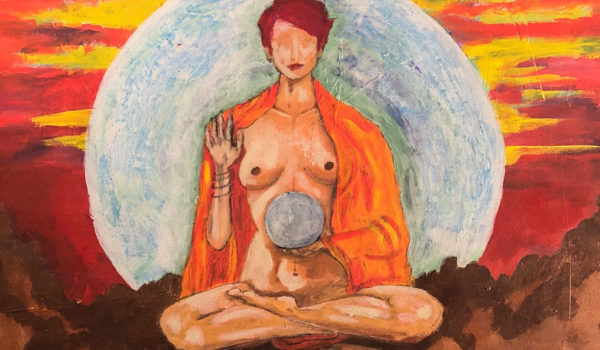
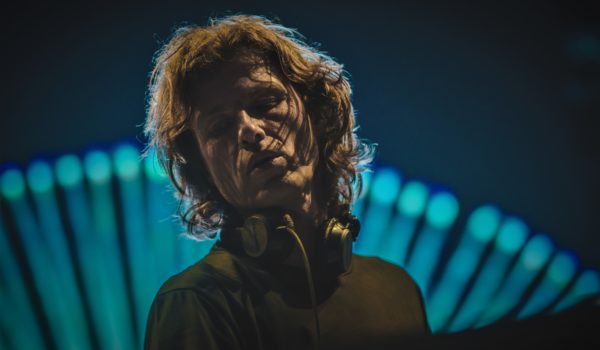
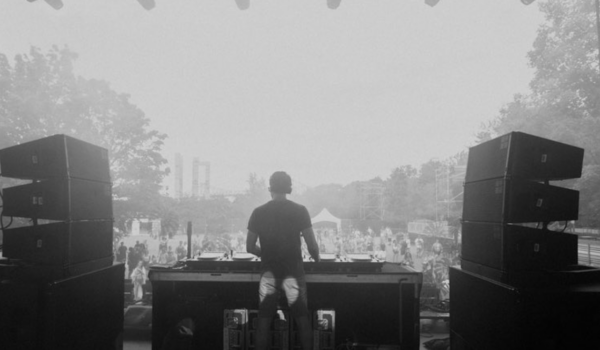
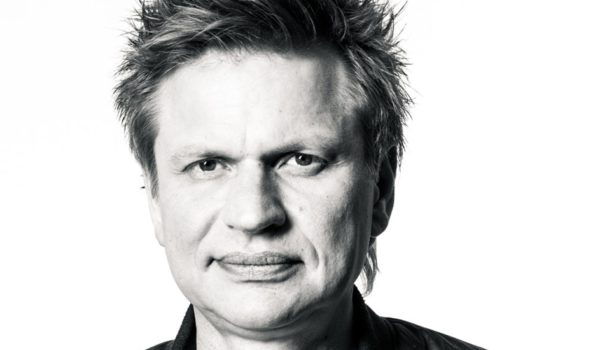

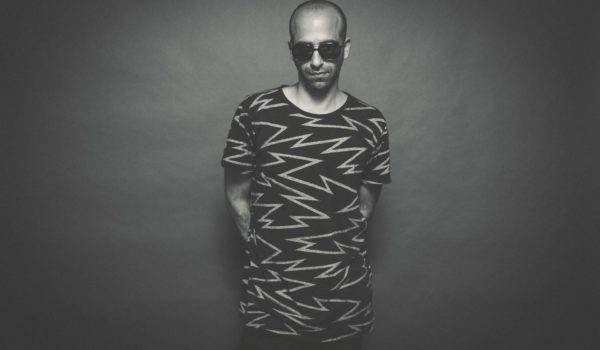
Comments